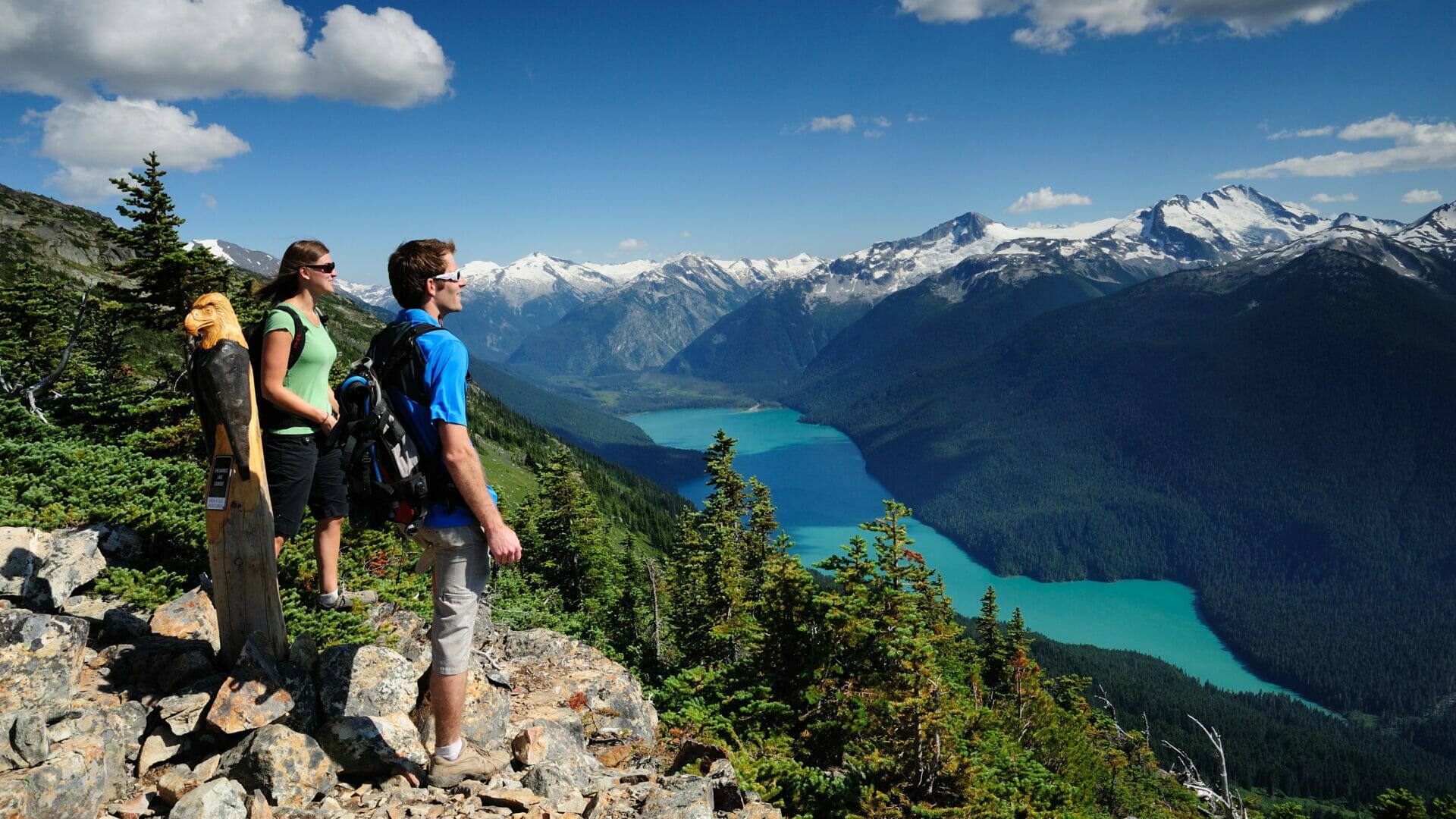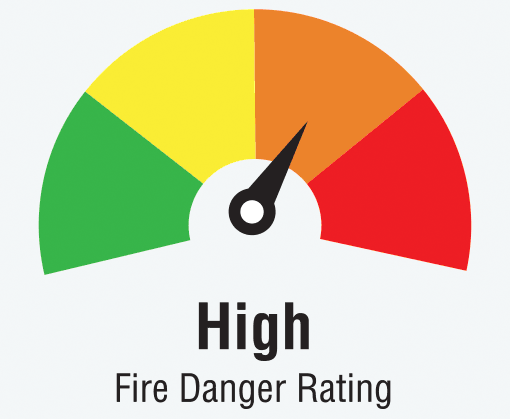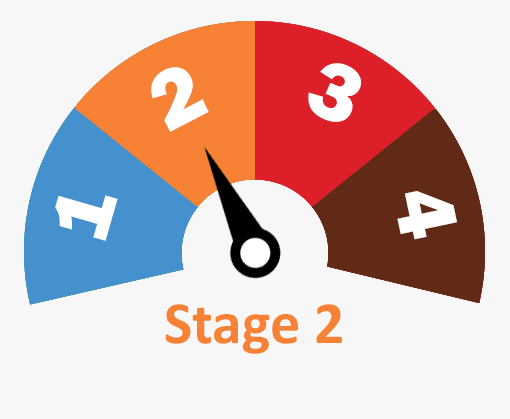
Whistler enjoys clean, healthy mountain air most of the time. However, there are occasions when concentrations of air pollutants reach levels that can adversely affect human health.
Trends indicate that air quality could deteriorate if emissions are not proactively managed. Whistler forms part of the Sea to Sky/Howe Sound airshed, which means that this region shares a common flow of air and similar pollutants. Common emissions sources in and around Whistler include transportation sources (i.e. on and off-road vehicles), and area sources related to space heating (e.g. fireplaces, wood stoves, propane and natural gas).
How can we keep the air clean?
The Whistler community has developed a vision for air quality through the Official Community Plan. Here are some things we are doing to protect air quality in and around Whistler:
Inventory and monitoring
- The British Columbia Ministry of Environment operates an air quality monitoring station in Whistler at Meadow Park Sports Centre. Local air quality data is available to the public in real-time.
Working with partners
- The RMOW works with the British Columbia Ministry of Environment on public communication around air quality advisories.
Cheakamus Crossing
In 2021 Whistler Council authorized the RMOW and its contractors to procure asphalt from Alpine Paving Ltd located near Cheakamus Crossing. A condition of that authorization was to install additional air quality monitoring stations around Cheakamus Crossing and summarize the results back to Council in the fall of 2023.
Four devices have been installed around the neighbourhood to collect PM2.5 samples which is a common analysis related to emissions associated with combustion like the production of asphalt.
The results of the monitoring have been summarized below in monthly updates provided by the consultant (WSP Engineering Services) hired by the RMOW to manage the air quality monitoring program in Cheakamus Crossing.
Cheakamus Crossing Monthly Air Quality Summaries
Cheakamus Crossing Annual Air Quality Reports
- For several years, the Resort Municipality of Whistler independently monitored Cheakamus Crossing Air Quality.
Policy and planning
- While specifically targeting the reduction of GHG emissions, Whistler’s commitment to climate action also works to protect air quality. The Big Moves Climate Action Strategy outlines Whistler’s approach to meeting GHG emission reduction targets and achieving the vision of a low carbon, climate resilient community. Protecing our air quality is embedded into many of Whistler’s climate action initiatives.
- Did you know that Whistler’s Traffic and Parking Bylaw prohibits vehicle idling for longer than one minute? Whistler is among a growing number of communities encouraging drivers to turn off their engines.
- Open air burning is not permitted in Whistler, with the exception of residential campfires (with a valid permit when the wildfire hazard risk is low) or managing wildfire hazard. For more information, read the Fire Protection and Fireworks Bylaw.
On the ground
- The RMOW actively supports clean air initiatives through various activities such as the Clean Air Commute, Bike to Work Week, Clean Air Day, wood stove clean burning education, and more. An idle-free Whistler is supported through Parking and Traffic Bylaw No. 2177, which prohibits vehicle idling for longer than one minute.
How can you help?
- Drive less: choose transit or active transportation (I.e. bike, ski, walk, skate) to get around in Whistler.
- Burn smart: ensure your fireplace or wood stove is efficient and working properly and burn only clean, dry wood.
- Avoid vehicle idling: turn your vehicle off when not in motion.
- Check out Whistler’s climate action initiatives and take some small steps for Big Moves to protect air quality and reduce GHG emissions.
Resources
- B.C. Air Quality
- B.C. Air Quality: “What Individuals Can Do”
- State of the Air annual reports by The Lung Association of BC
- The Lung Association of BC: “How wood smoke hurts human health”


